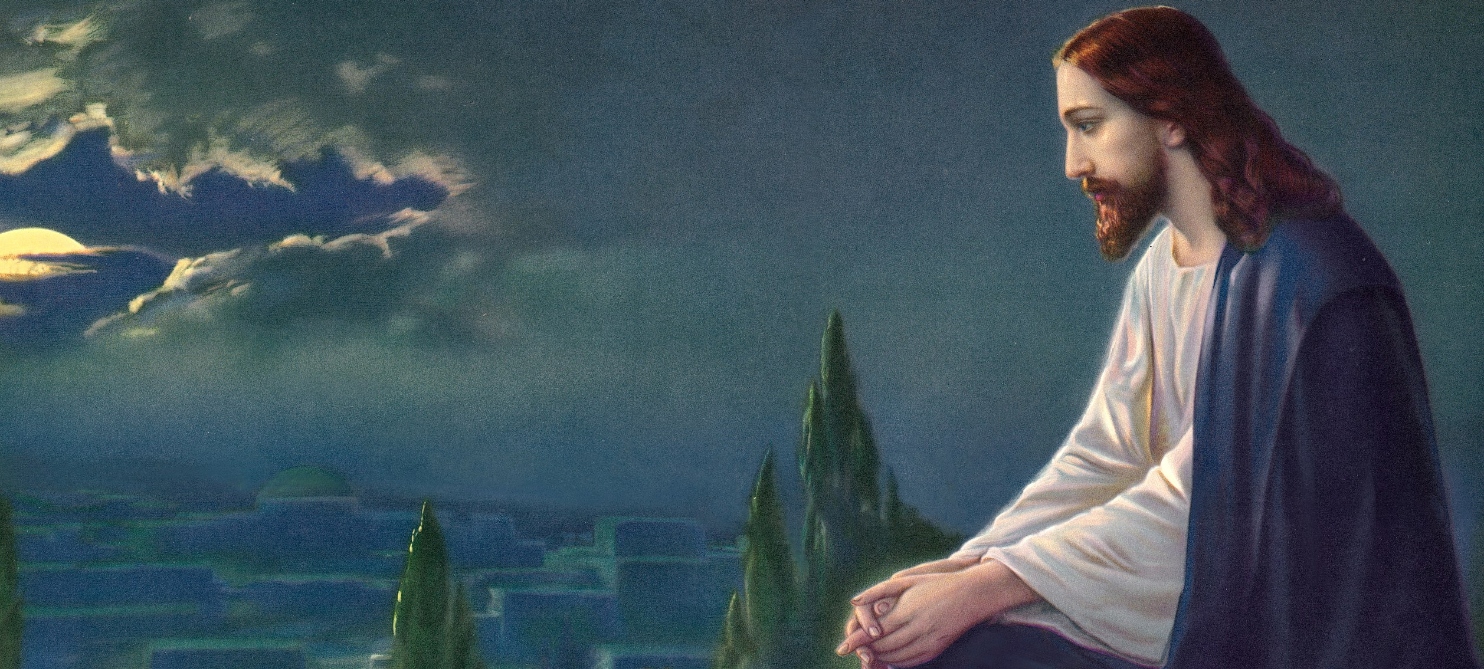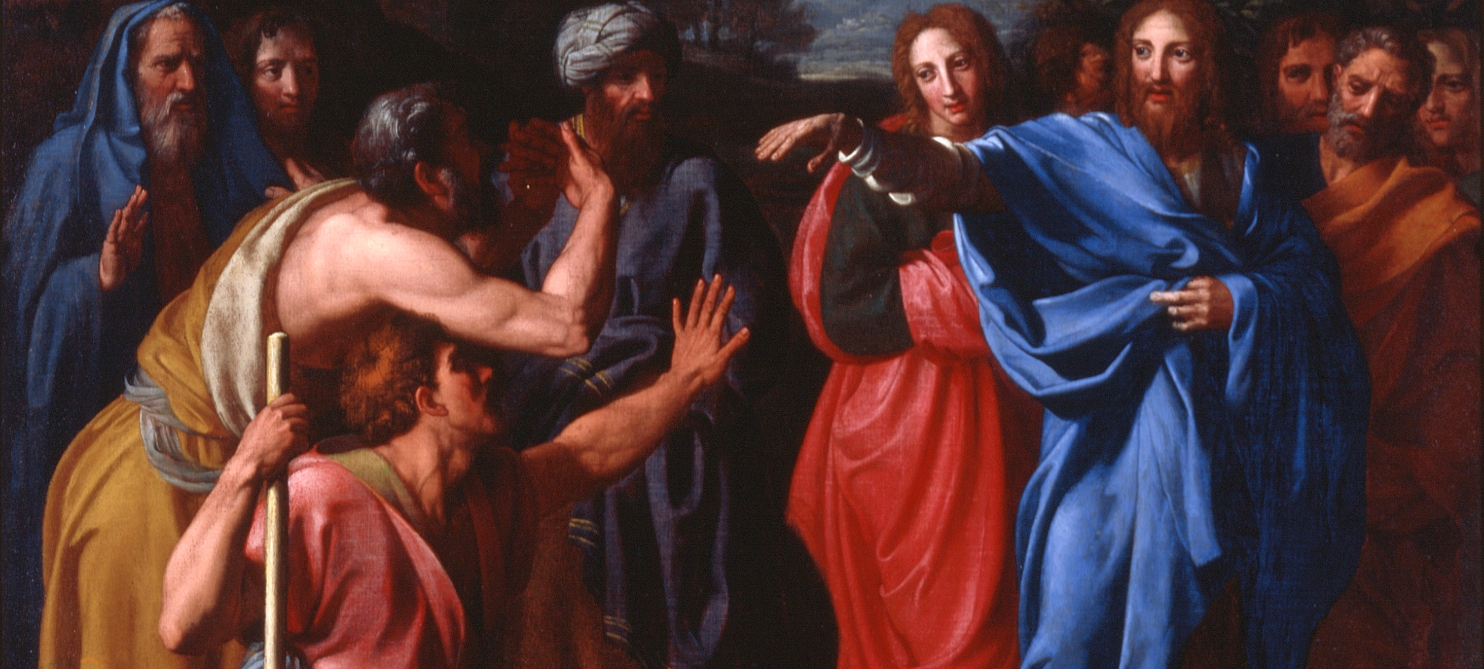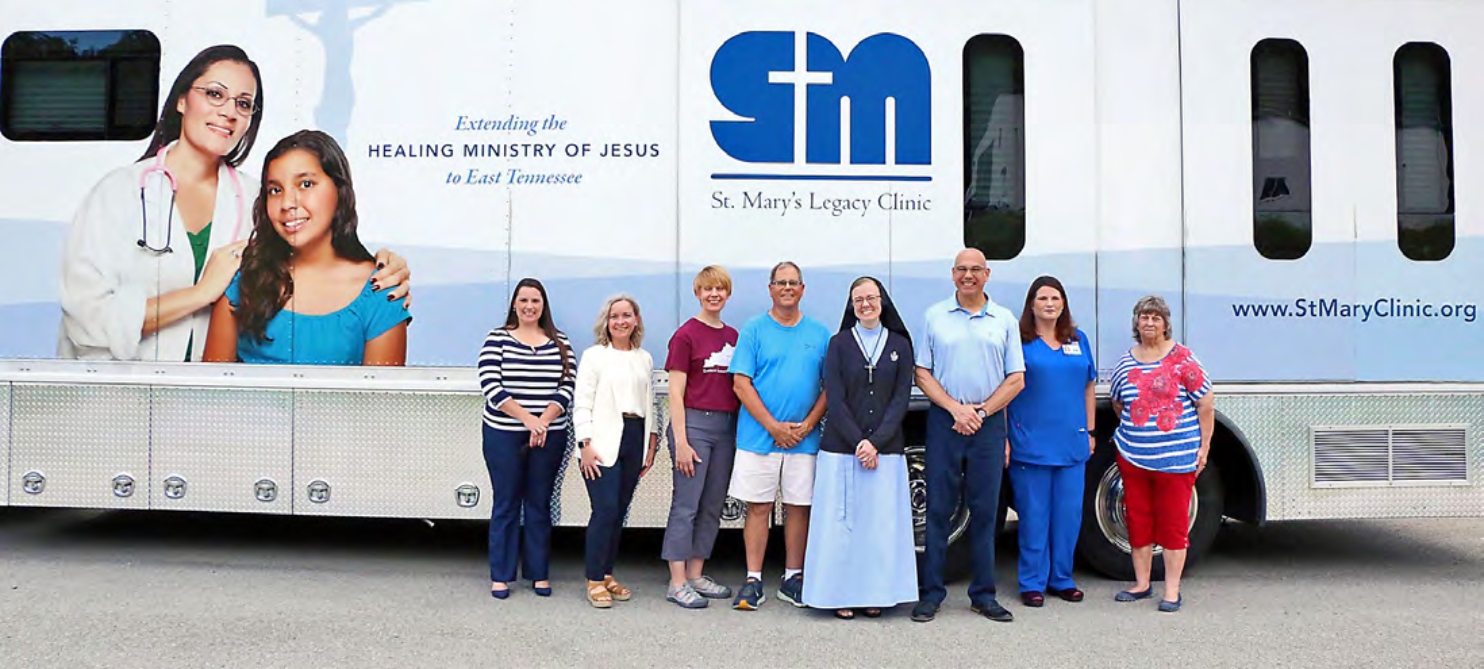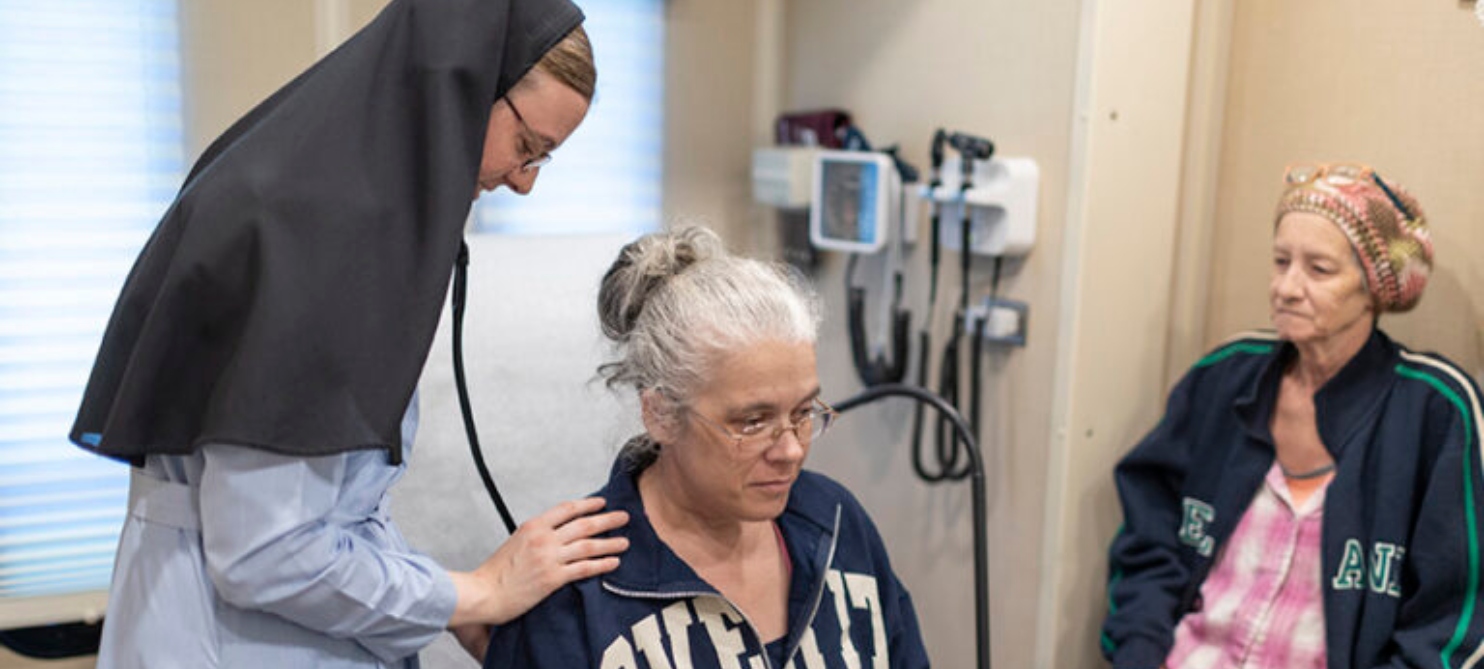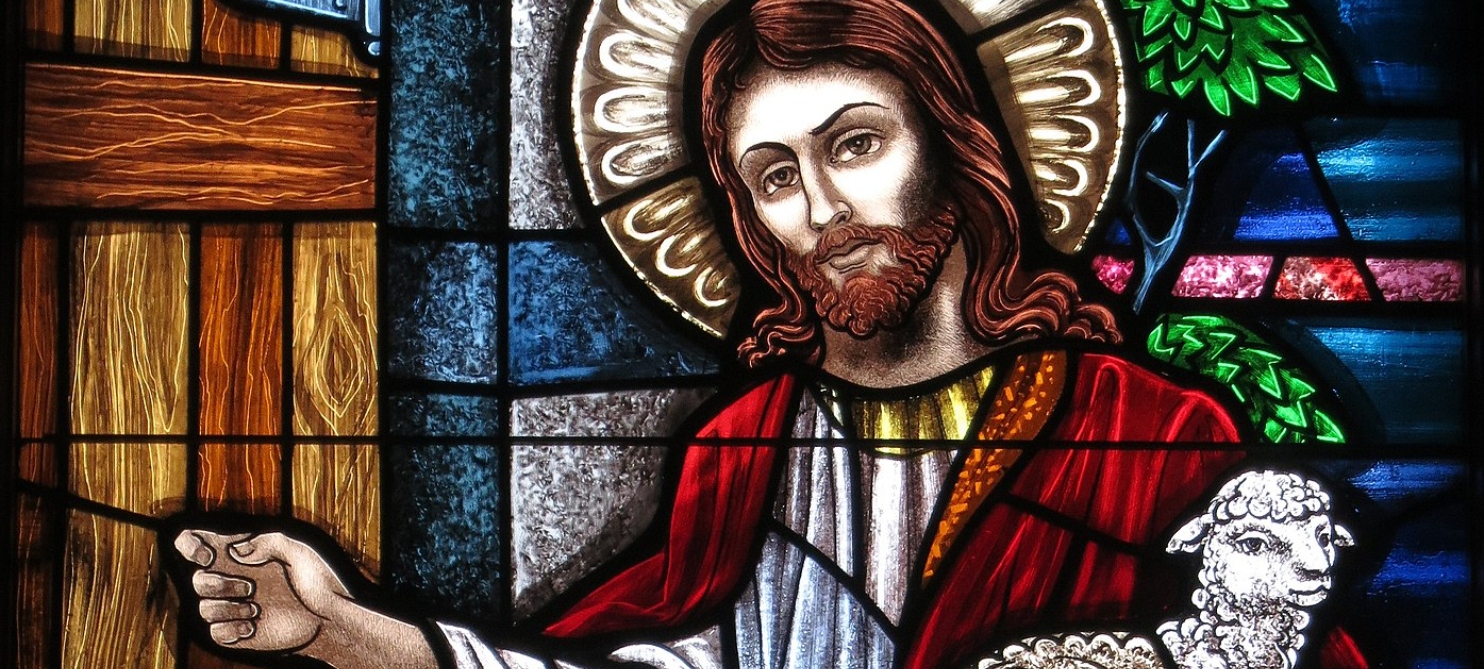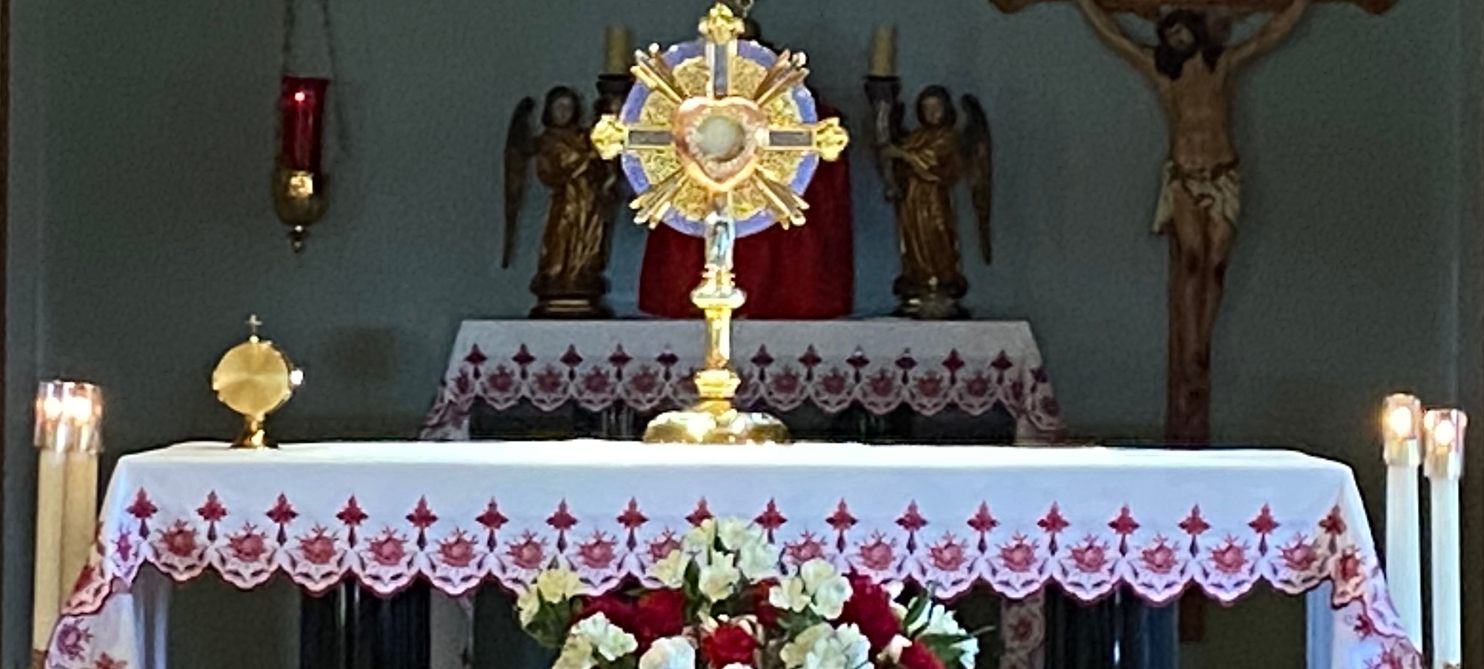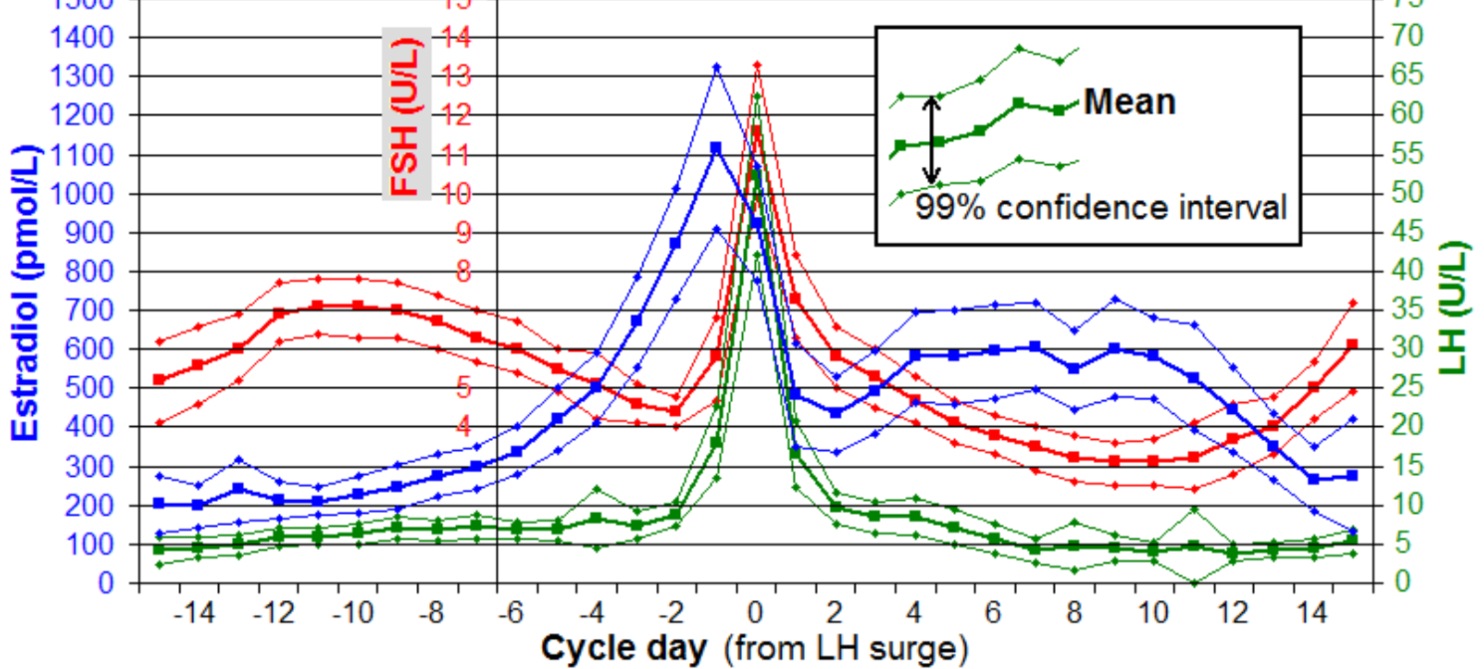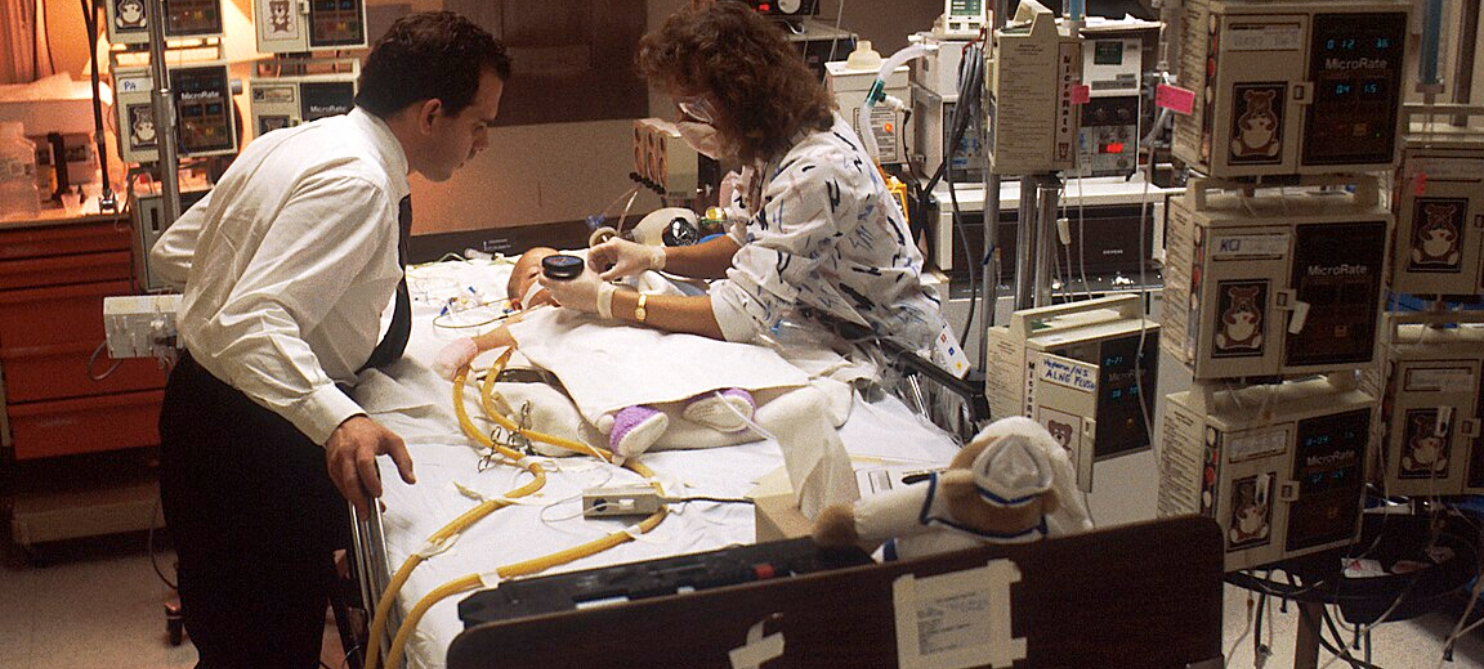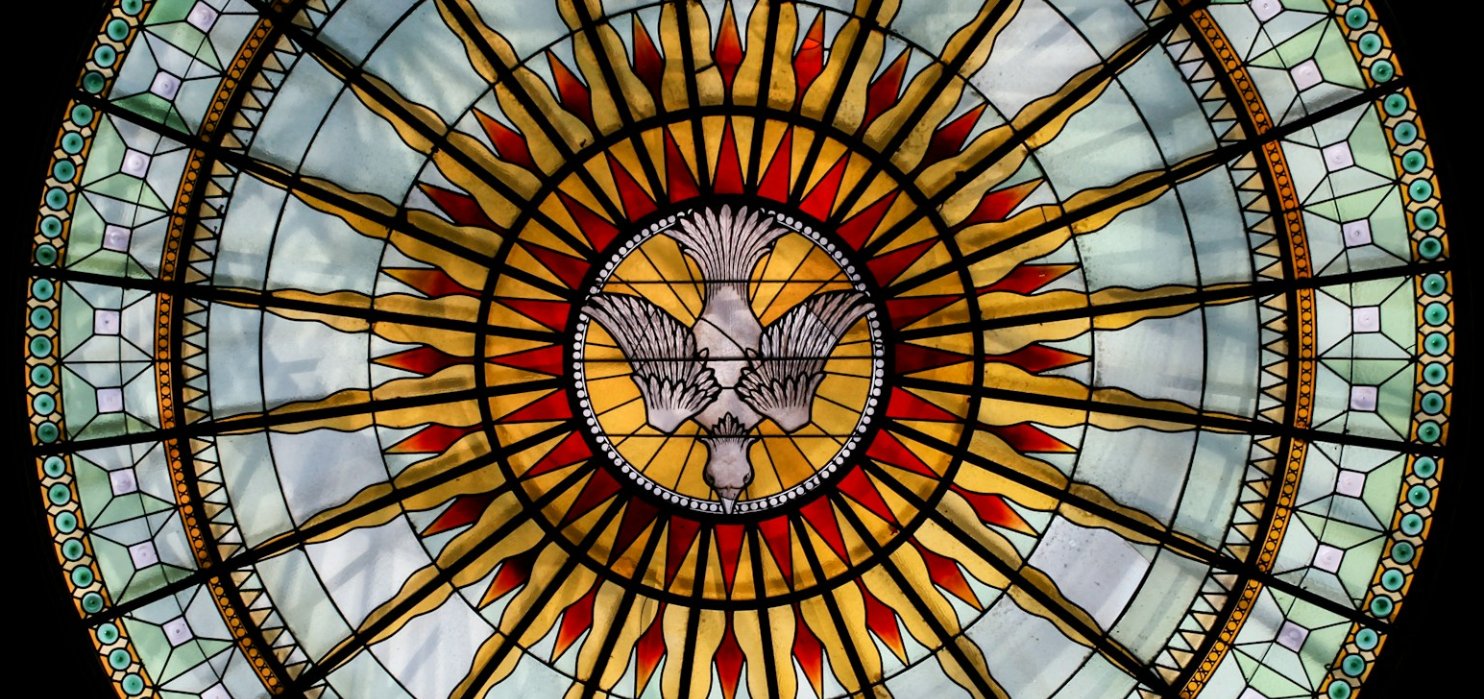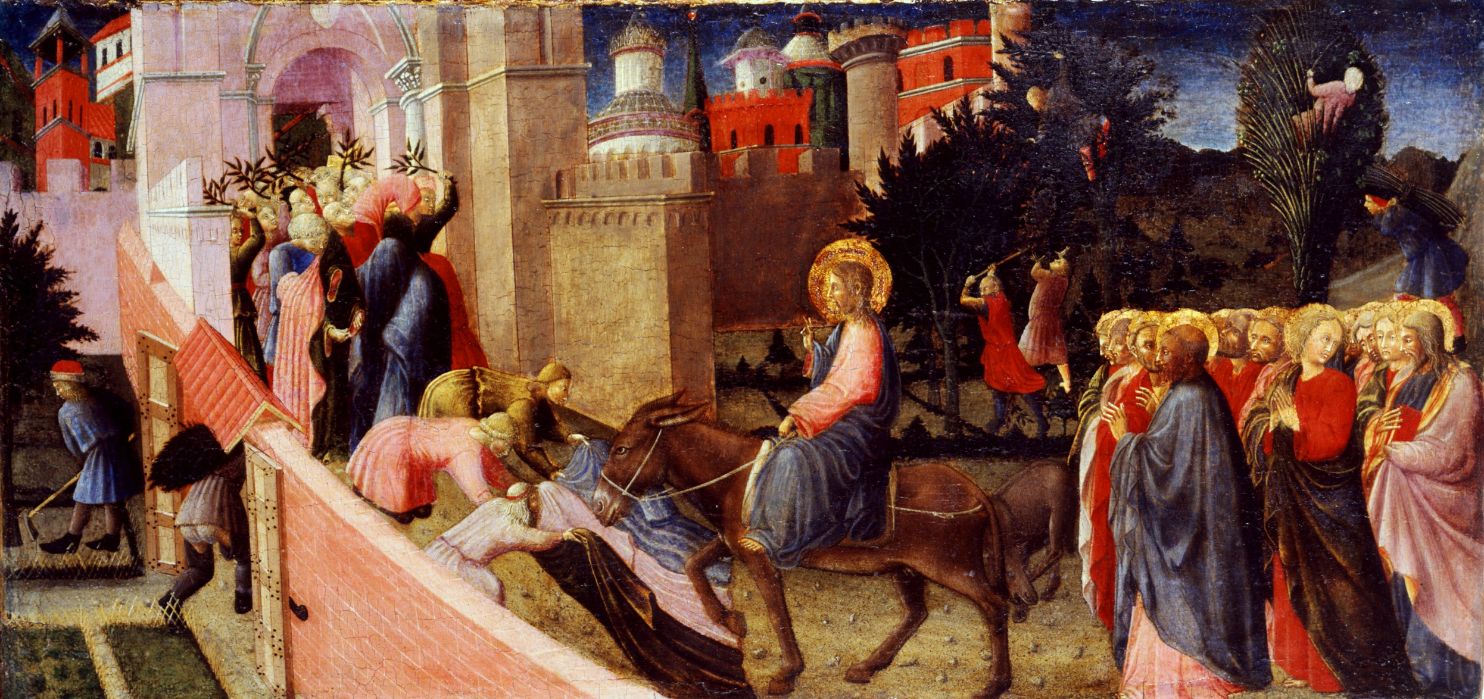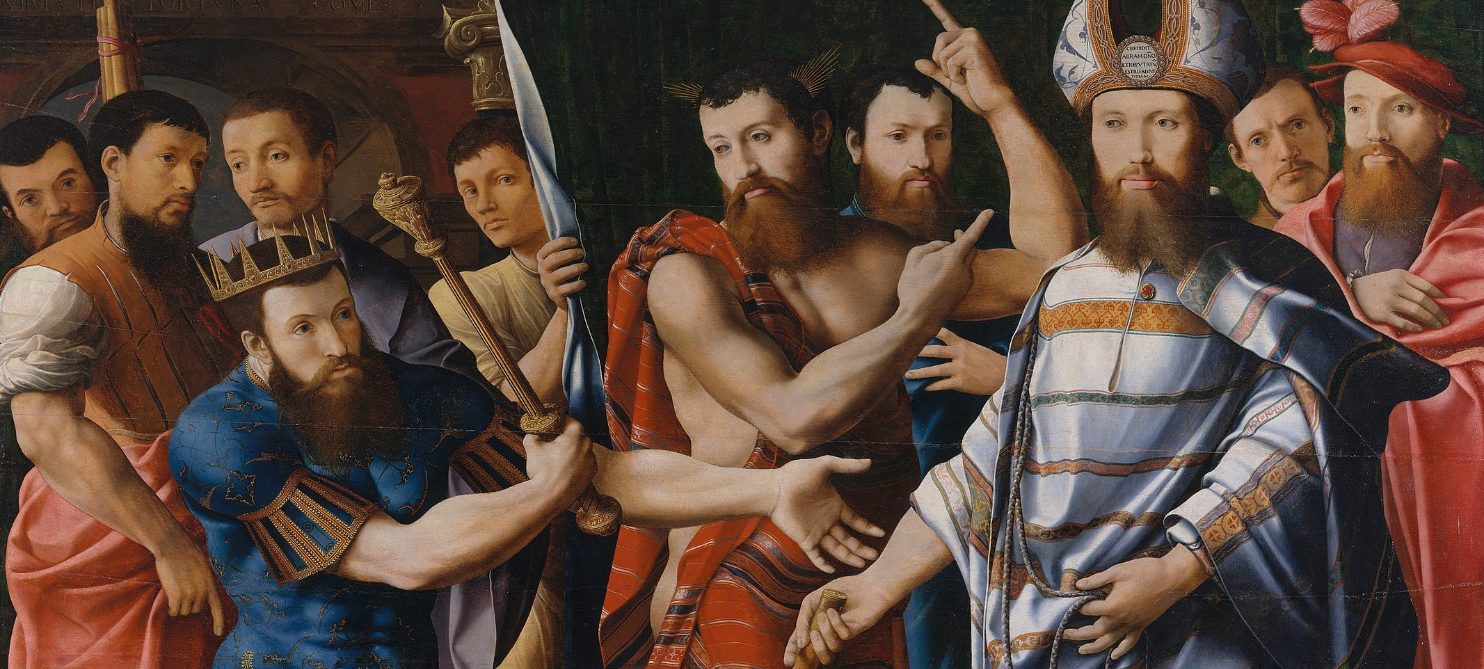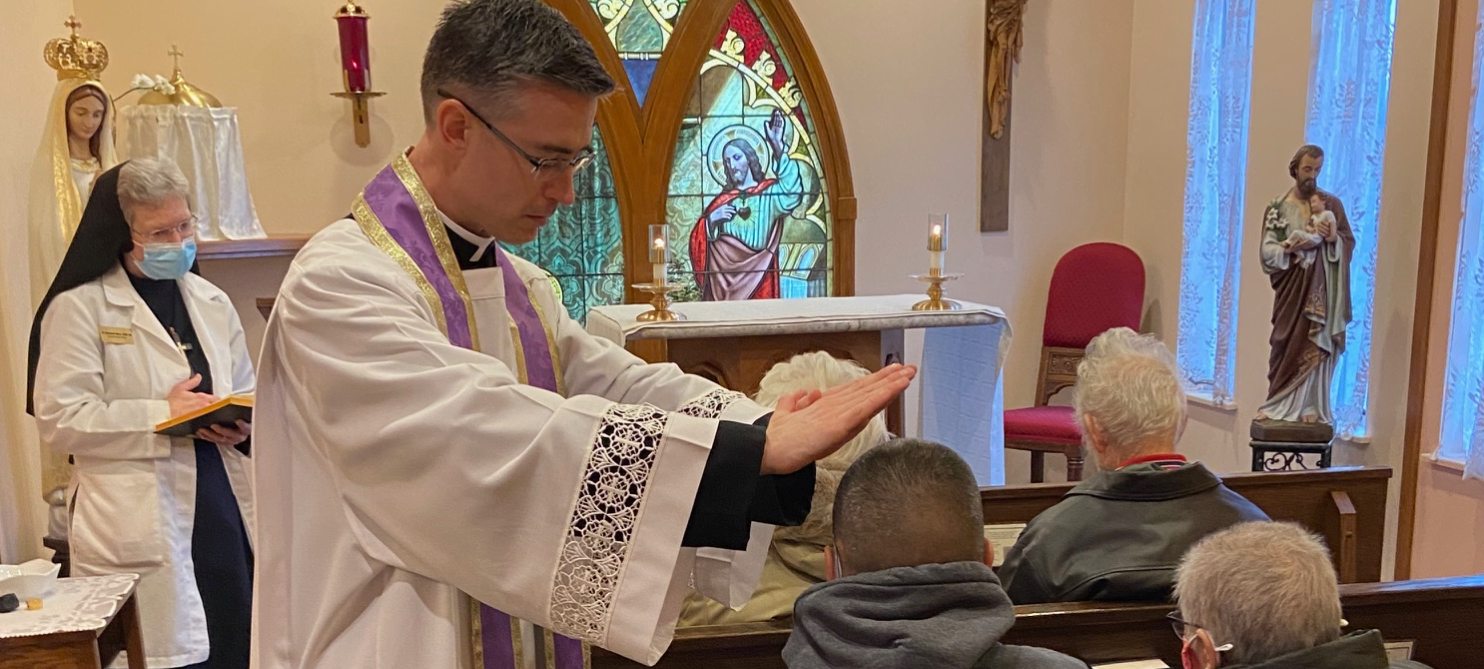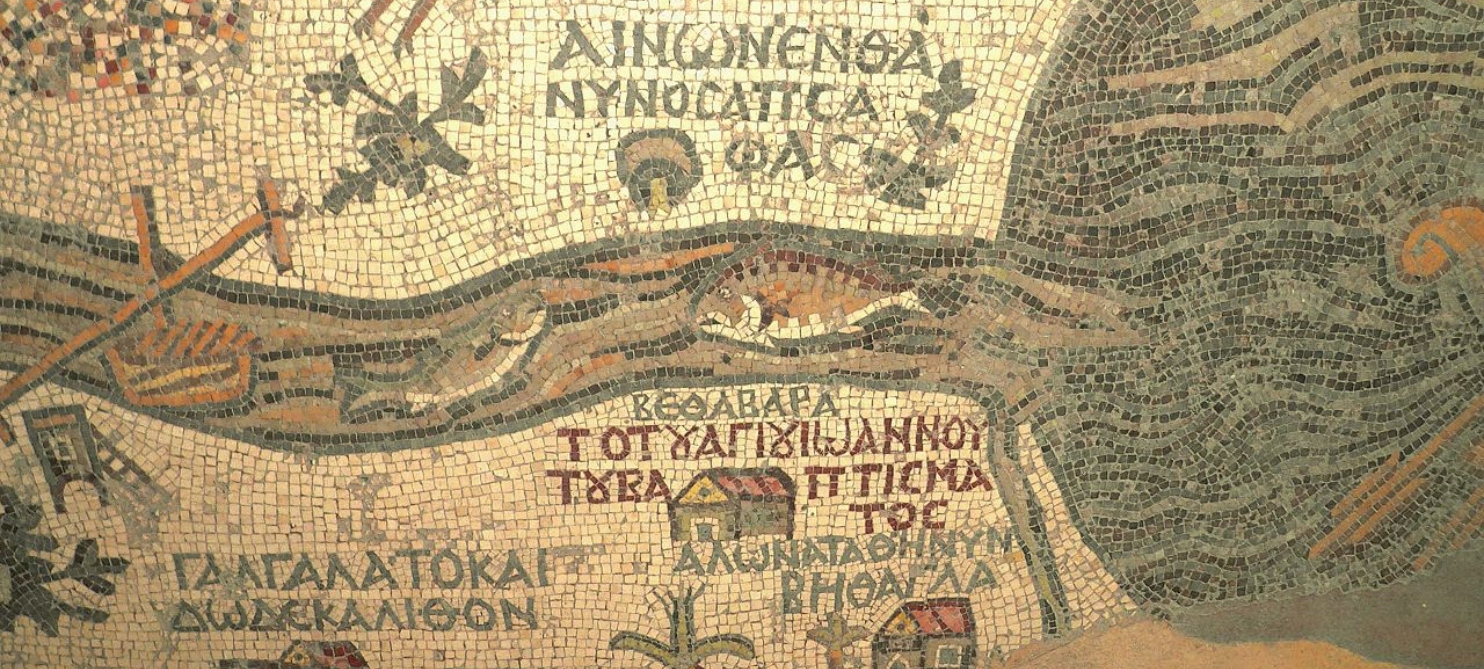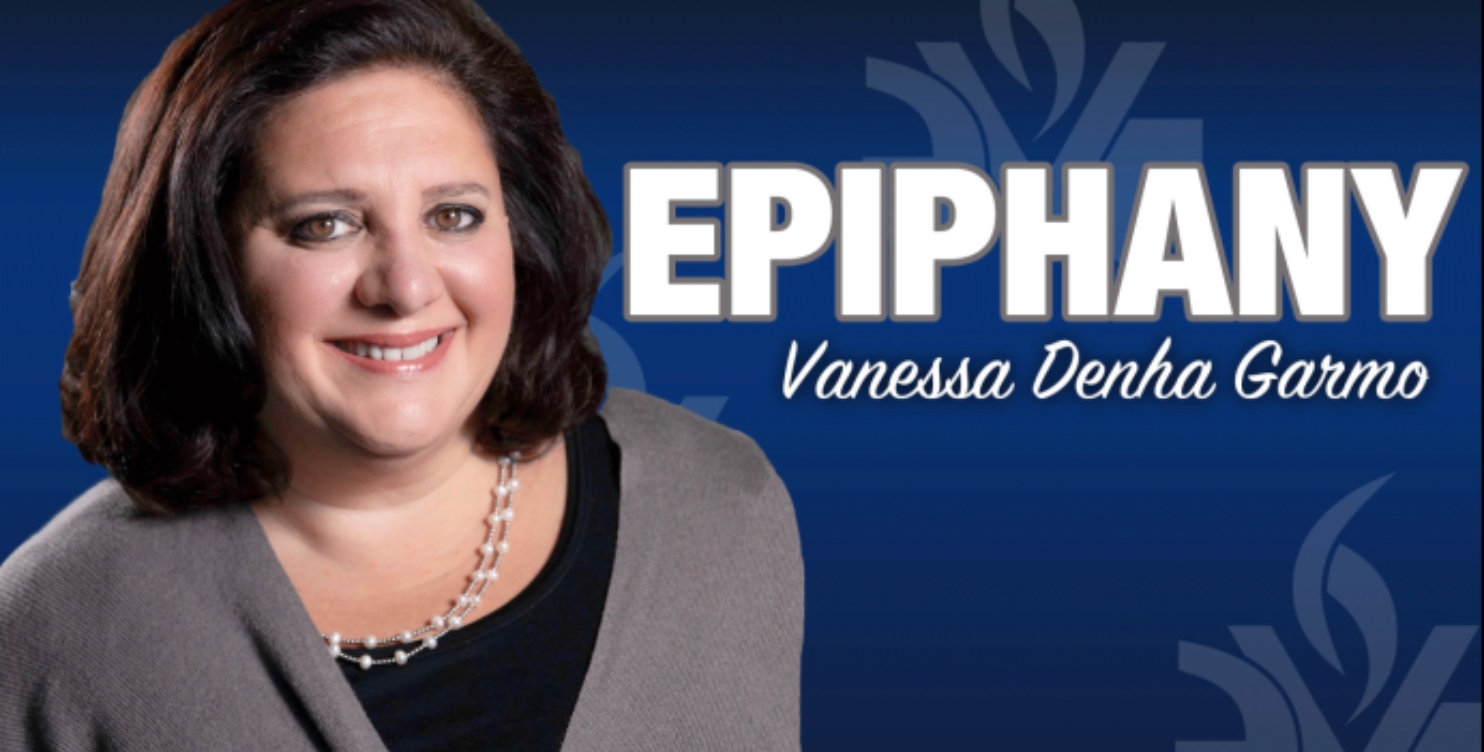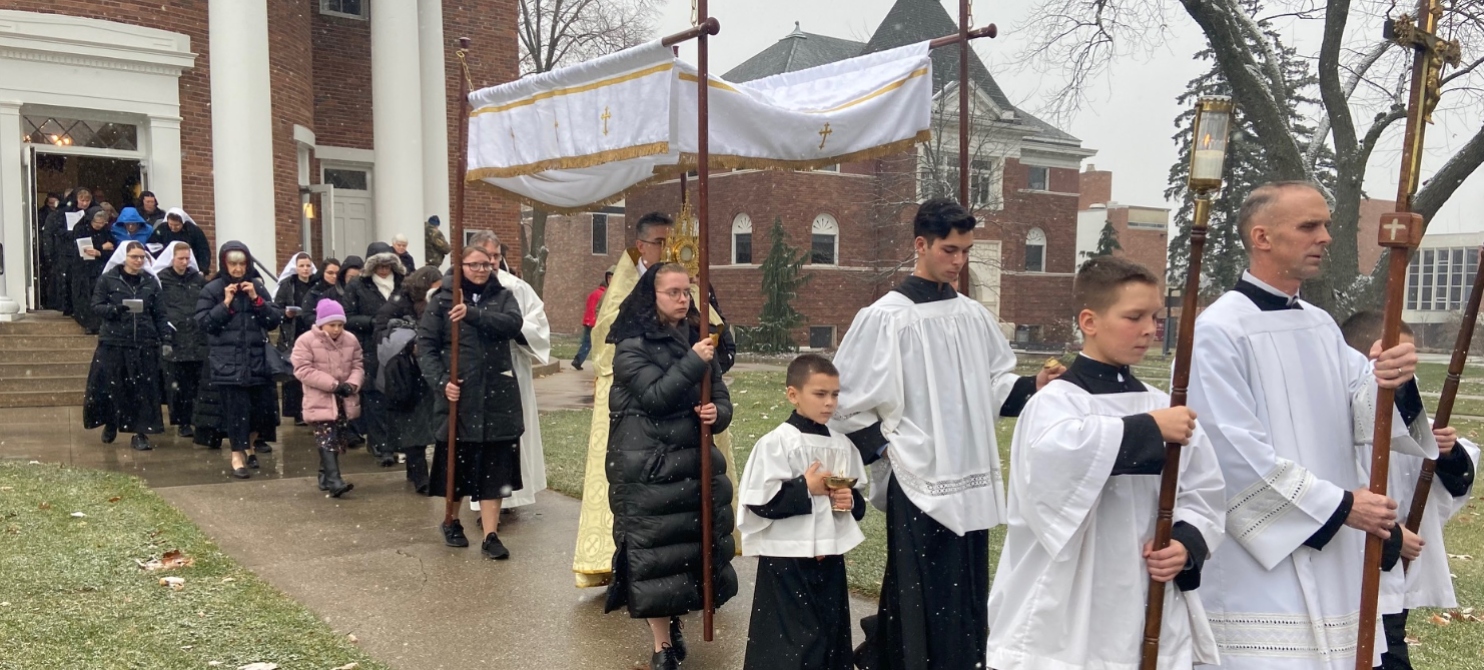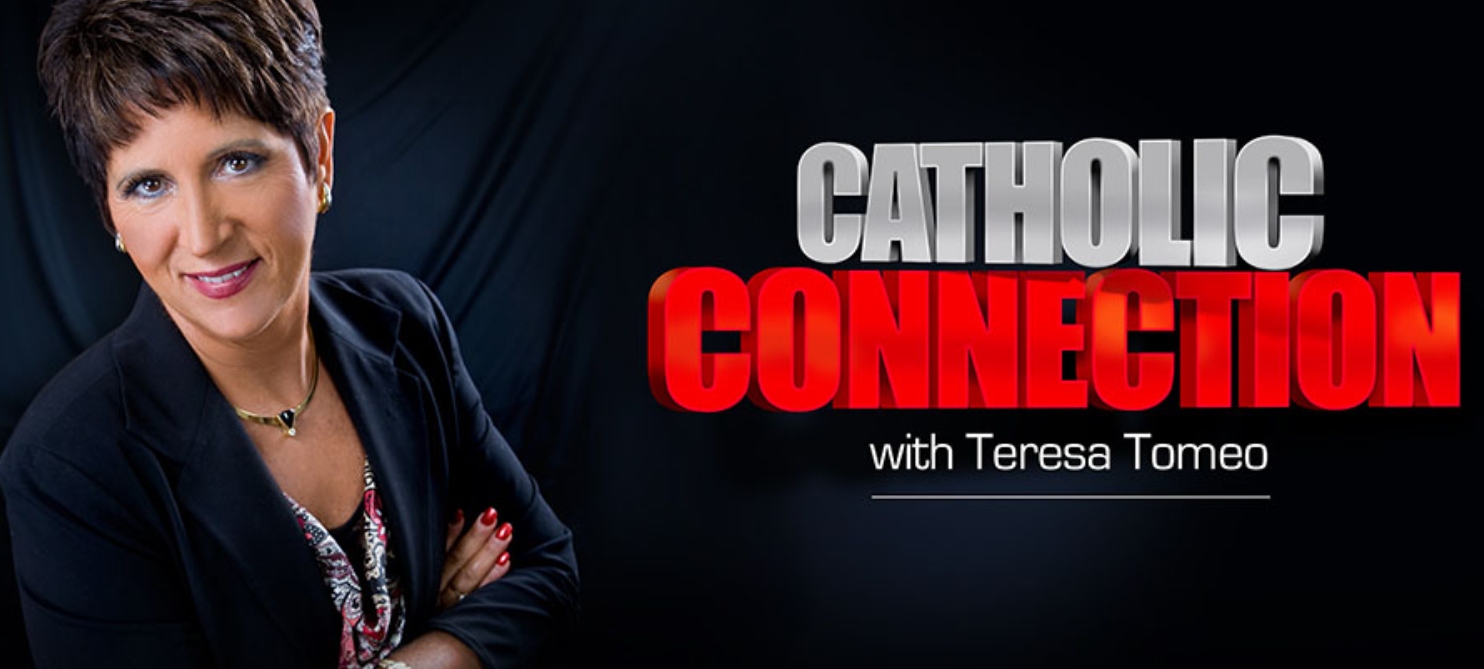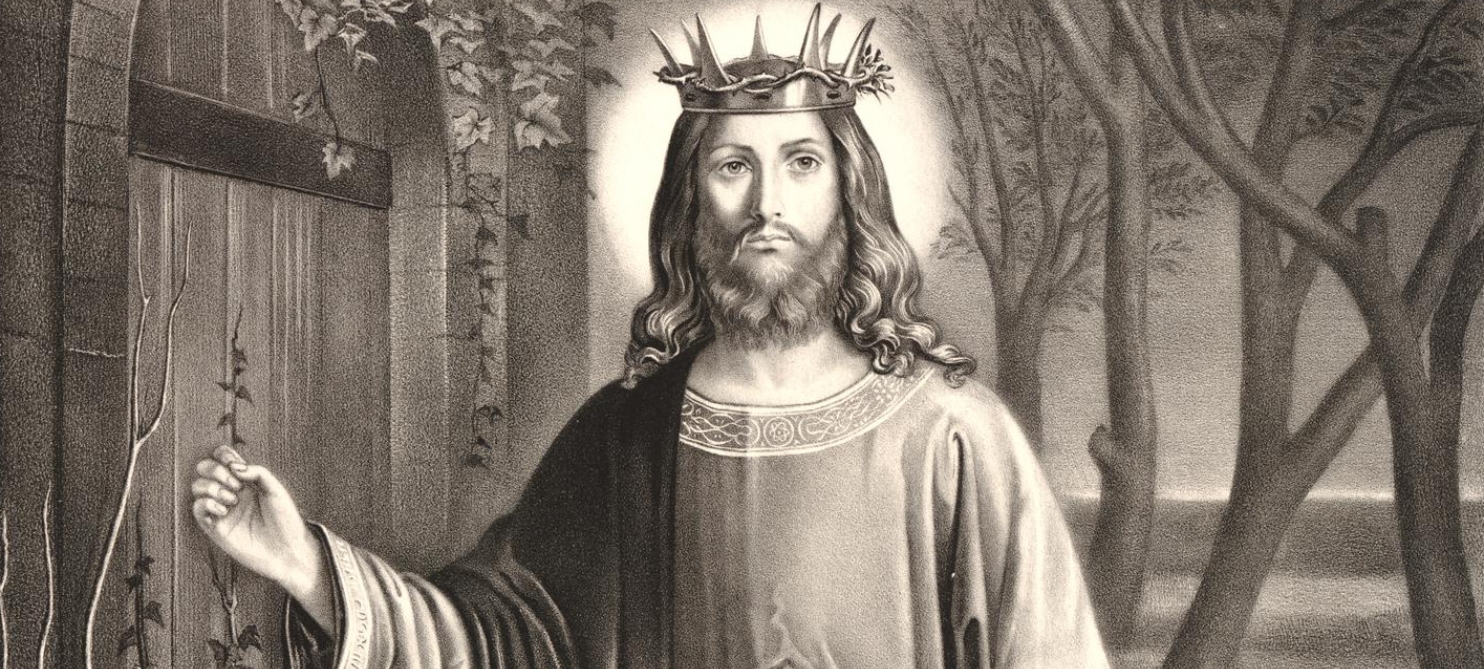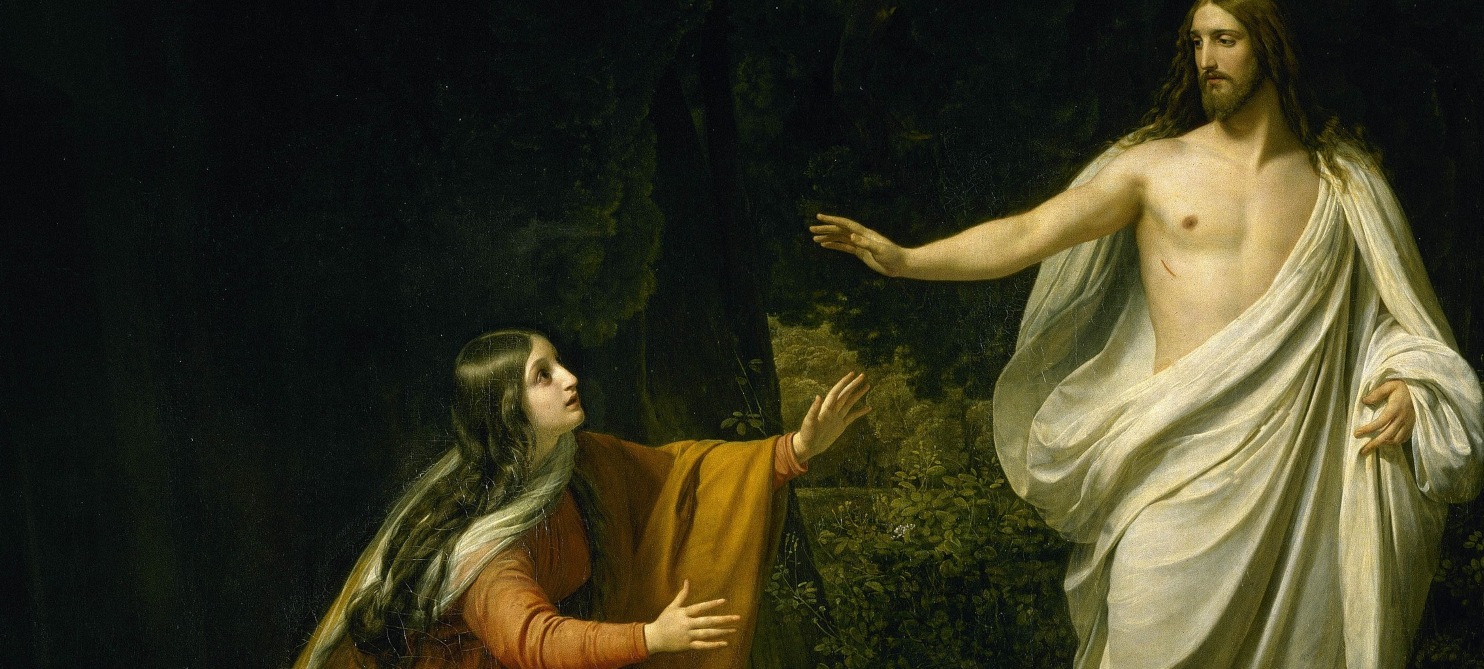In these last days of the liturgical year, the Church prepares for the Feast of Christ the King. Then we enter into the season of Advent, which is meant to be a time of preparing for the coming of Christ at the end of the time as we prepare for the annual celebration of his birth in time on December 25th. Advent is a season of recollection, a time to focus in on the coming of Christ. The readings of the Mass and the Liturgy of the Hours focus our attention on Christ’s coming in time and his coming at the end of time. To wit, I would like to reflect upon these mysteries in the following selections by particularly highlighting fact that Christ comes to us in every moment of every day but particularly in the Sacrament of the Most Holy Eucharist.
In the Eucharist, we are taken into Christ. United with His sacrificial offering to the Father, He consumes us more than we consume Him. Changed by each Holy Communion, we beg for the dispositions needed to respond to His love in increasing acts of surrender and submission to Him. His grace enables these acts, the willingness to offer ourselves truly as living sacrifices through, with, and in Him to the Father and for the sake of the Church and her mission, which is the salvation of souls. Jesus allows us, through union with Him in love, to participate in His mission in time for the plan of salvation of all who He has redeemed, the coming of His Kingdom already now. Surrendered to His loving work in our own souls, we may receive graces for our own sanctification and graces that are given to us for the sake of others.
As we read from Pope Benedict XVI,
If we read what the Fathers say, we can see in what a spirit of reverence they received Communion. We find a particularly fine passage in the writings of Cyril of Jerusalem, from the fourth century. In his catechetical homilies he tells the candidates for baptism what they should do at Communion. They should make a throne of their hands, laying the right upon the left to form a throne for the King, forming at the same time a cross. This symbolic gesture, so fine and so profound, is what concerns him: the hands of man form a cross, which becomes a throne, down into which the King inclines himself. The open, outstretched hand can thus become a sign of the way that a man offers himself to the Lord, opens his hands for him, that they may become an instrument of his presence and a throne of his mercies in this world. Anyone who reflects on this will recognize that on this point it is quite wrong to argue about this or that form of behavior. We should be concerned only to argue in favor of what the Church’s efforts were directed toward, both before and after the ninth century, that is, a reverence in the heart, an inner submission before the mystery of God that puts himself into our hands. Thus we should not forget that not only our hands are impure but also our tongue and also our heart and that we often sin more with the tongue than with the hands. God takes an enormous risk—and at the same time this is an expression of his merciful goodness—in allowing not only our hand and our tongue but even our heart to come into contact with him. We see this in the Lord’s willingness to enter into us and live with us, within us, and to become from within the heart of our life and the agent of its transformation.
Again, the sacramental life, the Liturgy of the Church, runs through and changes our mortal time as we read in this selection from Father Jean Corbon, OP, in The Wellspring of Worship:
We have seen that celebrations are “moments” in which the economy of salvation turns into liturgy in the last times. But the life-giving stream of the river of life does not flow only intermittently. Until his Ascension reaches its completion in the parousia, Christ constantly enfolds this world in the tender love of his Spirit. Jesus is risen and is the Lord of the history in which we are involved. He is, and he is coming. His irresistible coming includes more than the “moments” of our celebrations. In fact, these “moments” are possible only because they are the irruption into our mortal time of a living time that has been delivered from death. In other words, at the source of our celebrations is the energy of the Holy Spirit from which we must constantly drink, and this energy is the new time inaugurated by the Resurrection. It is this time that enters into our days, weeks, and years, until our old-time is saturated with it, and the mortal veil that covers our old-time is at last rent. But even now, “today”, we can participate in this new time. This “today” of the living God, into which man must enter, is the hour of Jesus. His “passage” is the event that runs through all of history and sustains it.…
See the sacred rays of the light of the glorious Christ… The vast, impenetrable night has been swallowed up and the gloomy darkness destroyed by this light, and the dismal shadow of death has retreated into the darkness. Life has reached out to all and all have been filled with an intense light. The supreme Orient invades the universe, and the great Christ who existed, immortal and immense, “before the Morning Star” and before the heavenly bodies, shines more brightly than the sun upon all that exists. That is why a long, ever-lasting day of light that shall not be extinguished, the mystical Pasch, is dawning on us who believe in him…
When we celebrate Christ our Passover, our time is permeated by this day; it is transfigured and becomes sacramental…the radiant day of the Resurrection does not reach us simply in the form of a memory or an abstract ideal, for if that were true, death would still have a hold upon it. No, the form it takes is the unceasing energy of the Spirit at work in our mortal time. It is not outside but within those who receive it: “Our God is not above, but ahead of us in the encounter which we wait.”
As we enter into the sacred days of preparing for the coming of Christ, let us remember that he has won the victory in conquering death. Let us strive to enter ever more into his life.
- Pope Benedict XVI, and Benedikt. “Banquet of the Reconciled.” Essay. In God Is near Us the Eucharist, the Heart of Life, 222–23. San Francisco: Ignatius Press, 2003.
- Corbon, Jean. “Chapter 13: The Celebration of a New Time.” Essay. In The Wellspring of Worship, translated by Matthew J. O’Connell, Second ed., 180. San Francisco, CA: Ignatius Press, 2005. (From a homily inspired by the treatise of Saint Hippolytus on the Pasch, ed. P. Noutin)
- Corbon, Jean. “Chapter 13: The Celebration of a New Time.” Essay. In The Wellspring of Worship, translated by Matthew J. O’Connell, Second ed., 179–80. San Francisco, CA: Ignatius Press, 2005.


